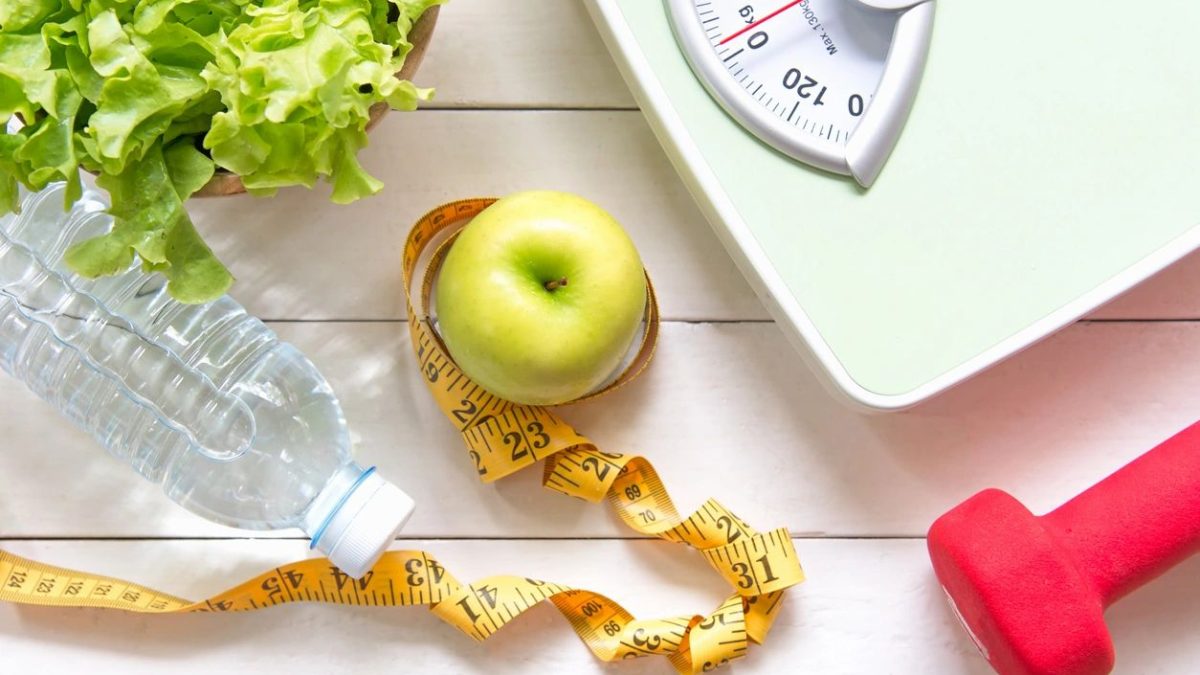We live in a society that likes to claim that health is either something predetermined by genetics or pure bad luck. But any honest reading of the science tells you that this isn’t always the case. It’s not just about “drawing the short straw.” It’s also about personal choice.
Interestingly, many people in our world will deny that people have a choice over their health, even if they admit that the mind plays a role. They will say that humans are animals, following their instincts, consuming all the wrong things. Or they will make some economic argument, such as the idea that only wealthy middle-class people have the money to be healthy.
But when you look at the creatures in the forest, you never see them needing dialysis machines or handfuls of medications in the morning. They just get on with their lives and follow the path that nature sets out for them.
As humans, we could be the same way. But we’ve created conditions for ourselves that make being truly healthy almost impossible. We save so much energy via all our machines that our bodies hardly need to do any work. And we don’t have to work for our food anymore. It just comes to us in the form of paper bags, handed to us by a Deliveroo driver.
Saying that health is a choice is not popular. It makes people angry. But many a chiropractor, doctor, and dentist believes in it. They think that we really do have control over our health destiny because choices make such a difference.

Our Diets Determine Our Health
We all know we should eat healthily. But in the modern world, there is no genuine recognition of the supreme role that diet plays in determining health outcomes. Some types of cancer, such as bowel cancer, are 95 percent less common in various parts of the world than in the West, mainly because of what people eat. In India, for instance, the disease is incredibly rare, presumably because people are eating brown rice and lentils all day. The same goes for heart disease and diabetes. People living in traditional cultures eating traditional foods have barely heard of these diseases.
Getting Enough Sleep Plays A Role
How many people do you know in your life who get enough sleep? The number is probably vanishingly small. Thanks to cell phones, hectic work schedules, and stress, most people barely get six hours a night.
Sleep scientists say that we need between seven and eight hours of sleep to be at our best. So the average person in modern society is losing an entire night’s worth of sleep per week – and sometimes more.
Getting sleep, though, helps to reset the immune system. And that, in turn, allows the body to clear away all the debris that could accumulate and cause disease.

Prioritizing Health Is Critical
Lastly, prioritizing health is perhaps the most critical aspect of being healthy. Everything else is secondary. Making it the center of your life (instead of, say, work) is a choice.















